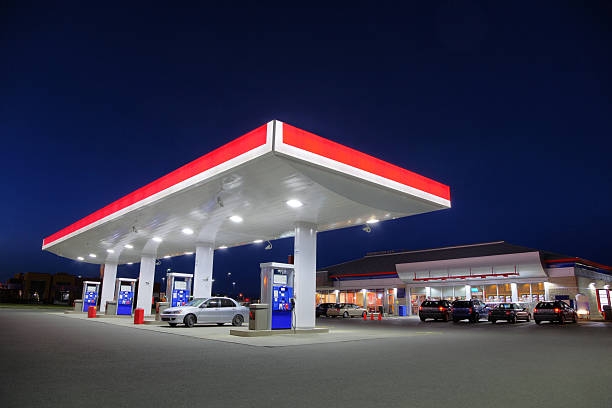Upto 400 filling stations closed due to payment issue; 700 to be sold to foreign companies

As many as 400 filling stations have been forced to close due to the new payment system introduced by the Ceylon Petroleum Cooperation (CPC), Petrol Shed Owners Association President Kumar Rajapakshe said.
The CPC has introduced a payment scheme for filling stations to make the payment upfront to get the fuel load for the following day.
The move comes, as the government is to hand over upto 700 filling stations to foreign oil companies. Some 24 companies from the United Arab Emirates, Saudi Arabia, the United States, China, India, Russia, Britain, Malaysia, Norway and the Philippines have submitted proposals.
Mr Rajapakshe said filling station owners had been forced to make the payment before 9:30 pm to obtain the fuel load the following day. He said it was difficult for them to make the payment after counting the proceeds of the day.
“If the payment is not made on or before 9:30 pm
the CPC will not provide fuel from the Ceylon Petroleum Storage Terminal (CPSTL) facility the following day,” he said.
As a result some of the sheds were closed or long queues for fuel were seen after several weeks of trouble-free operations, as the fuel station owners were unable to make the payment before 9:30 pm, he said.
Lanka IOC filling stations also have a similar payment mechanism but they have the deadline till midnight. They say this arrangement is convenient.
“The fuel distribution has to be increased as the consumer requirement has also gone up with the country returning to normalcy,” Mr Rajapakse said, pointing out that the CPC had limited the distribution to only 4000MT of diesel and 3000MT of petrol a day.
Sri Lanka Petroleum Dealers Association Joint Secretary Kapila Naotunna said although money was deposited to the CPC account, there was no distribution of fuel from it on time.
“Providing cheques upfront is a practical problem faced by the dealers and shed owners. This has caused several fillings station to close temporally,” Mr. Naotunna said.
He also said the National Fuel Pass (NFP) was running successfully and CPC filling stations were following the QR code system.
Customer requirements had increased because of schools and colleges were reopened and office workers were reporting back to work, he said.
